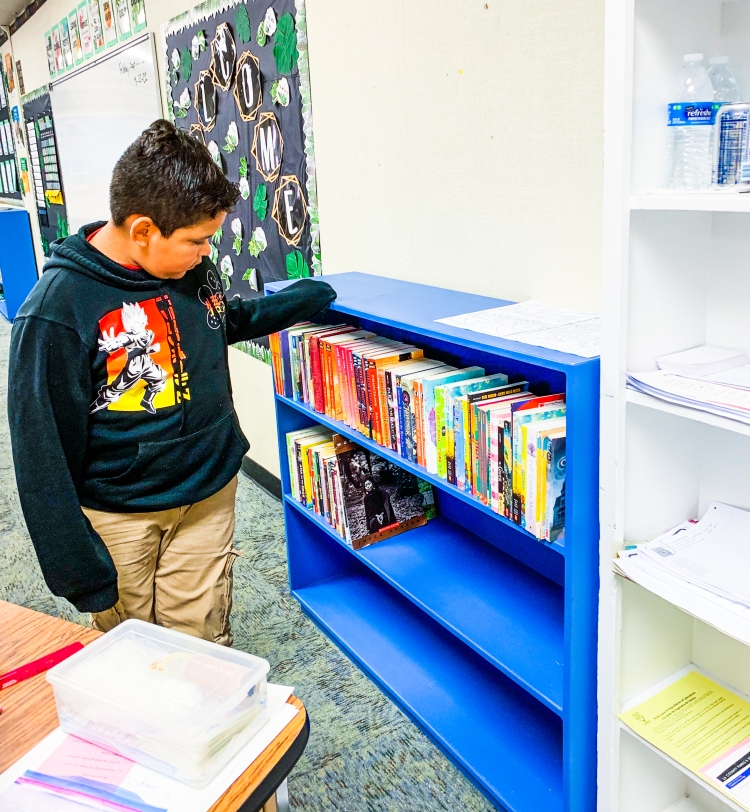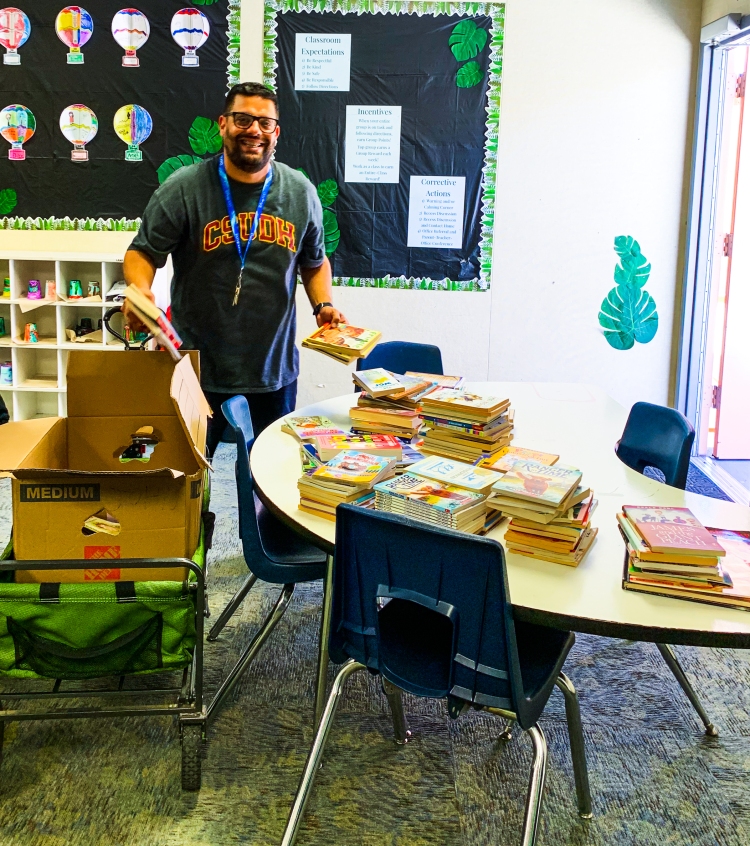Growing up, my parents often stressed the importance of getting to know others to build my “network.” Doing so would create these connections that might bring about opportunities related to future work or even joint projects because of some shared interest or passion.
I didn’t realize the importance of networking then, particularly given my introverted nature and unwillingness to initiate conversations and engage in what I thought of as “small talk” with others. I also believed this game was a bit manipulative or misleading at the time. That there was always some ulterior motive for making connections to use this resource solely for my benefit.
It wasn’t until adulthood and professional work that I understood the importance of building relationships, particularly with people with different outlooks, talents, and experiences than my own. I could learn from them and their experiences while offering back my skills and knowledge to them. It was a sharing of ideas and a collaboration.
When we started LumenSparQ, it became apparent rather quickly that connections were vital to keep our engine running and help us continue moving forward. The initial donors were all people our board members knew personally and were part of the network we had each created during our respective careers in education.
But often, the connections we make have nothing to do with giving a donation or supporting our projects financially. The relationships we have, and the interrelationships we build, can bring value without money changing hands. We have recently experienced a number of these interrelationships between our partners.
Buford Elementary is a school you may remember from our Ember Project recipient, Zoe, and her story. The school recently had a new fifth-grade class form because of overflow from two other existing classes. This situation led to a new empty classroom with no supplies or resources.
At the same time, we had two local independent schools with a large number of surplus books generated through their rotation of supplies and inventory. This process is something they have the good fortune of doing on an annual basis. Two separate, simple conversations between LumenSparQ board members and their connections created the opportunity for supplies to quickly shift from schools with surplus into the hands of a teacher and a classroom of students eagerly awaiting reading materials.


In addition to this fifth-grade class, some of the donated books intended for younger readers went into the hands of pre-service school psychologists who use these resources while working with children at their assigned school sites but have no budget to pay for them. It is truly a win win win.
In the coming weeks, a similar interrelationship will form between two middle school faculty, one that teaches robotics in a private school setting and the other a STEM faculty member at a public school. We will help to pass along some lightly used and current robotics equipment from one organization to the other and hope to build a lasting connection between two passionate teachers.
These simple acts cost nothing and yet carry so much value, now and into the future. These connections are as vital to these communities and our mission as any monetary support. As the saying goes, “It’s as much about who you know as what you know.”

